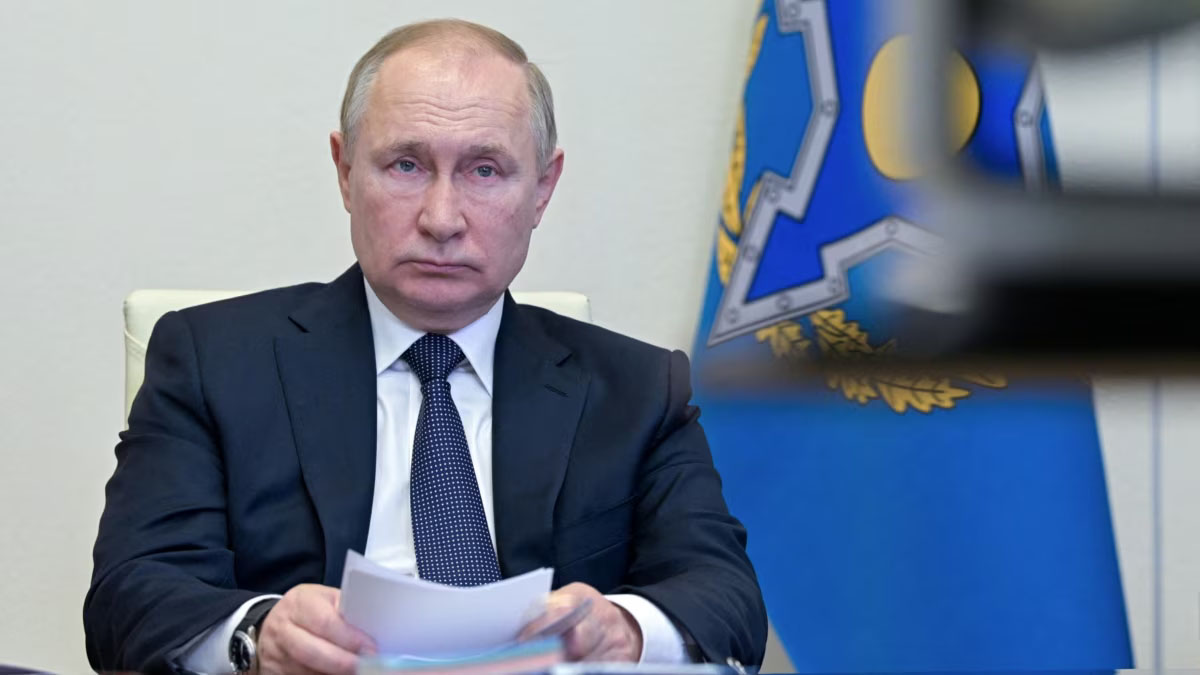
In the lead-up to the talks, tensions were already high. Ukrainian President Volodymyr Zelenskyy had accepted an invitation from Turkish President Recep Tayyip Erdogan, traveling to Ankara in hopes of engaging in direct negotiations with Putin. However, just days before the event, the Kremlin announced it would send a low-ranking delegation headed by Vladimir Medinsky, an aide to Putin, instead of the Russian president or Foreign Minister Sergey Lavrov. The decision dashed hopes of a meaningful dialogue, especially considering Putin had previously suggested these talks be held "without preconditions."
U.S. President Donald Trump, whose administration had heavily pushed for this dialogue, expressed disappointment at the Kremlin's move. Trump's frustration was compounded by Russia's apparent reluctance to engage fully in the peace process. In an official statement, Trump remarked, "I didn't think it was possible for Putin to go if I'm not there." Despite the setback, the U.S. reaffirmed its commitment to supporting Ukraine's defense and its calls for stronger sanctions against Russia if talks fail to progress.
Zelenskyy, in a post on X, pointed to the Kremlin's contradictory actions, noting, "So far, the signals from them in the media are unconvincing." Ukrainian officials, who had initially hoped for a ceasefire agreement or at least a constructive dialogue, were left in limbo, questioning whether the Russian delegation was even serious about peace. Ukrainian Foreign Minister Andrii Sybiha, speaking to reporters, condemned Russia's behavior, calling it a failure to reciprocate Ukraine's "constructive steps" towards peace.
Adding fuel to the fire, European leaders voiced their skepticism. Finnish Foreign Minister Elina Valtonen and French Foreign Minister Jean-Noël Barrot were outspoken in their criticism, accusing Russia of deliberately stalling the peace process. "There's only one party not willing to engage in serious peace negotiations, and that certainly is Russia," Valtonen said, while Barrot pointed to the "empty chair" that should have been occupied by Putin.
Despite the setbacks, the international community remained committed to pursuing peace. Turkish Foreign Minister Hakan Fidan, speaking at a NATO meeting, emphasized that the peace talks offered a potential "window of opportunity" to end the nearly three-year-long war. Yet, with Russia's lackluster participation, it remained unclear whether any tangible progress could be made. As the situation develops, one thing is certain: without Putin's direct involvement, the path to peace appears increasingly fraught with obstacles. The international community, led by Ukraine's allies, is left hoping that the Kremlin will eventually demonstrate the willingness to engage in genuine peace talks—something that remains in question as long as Putin remains absent from the table.
![]()
















